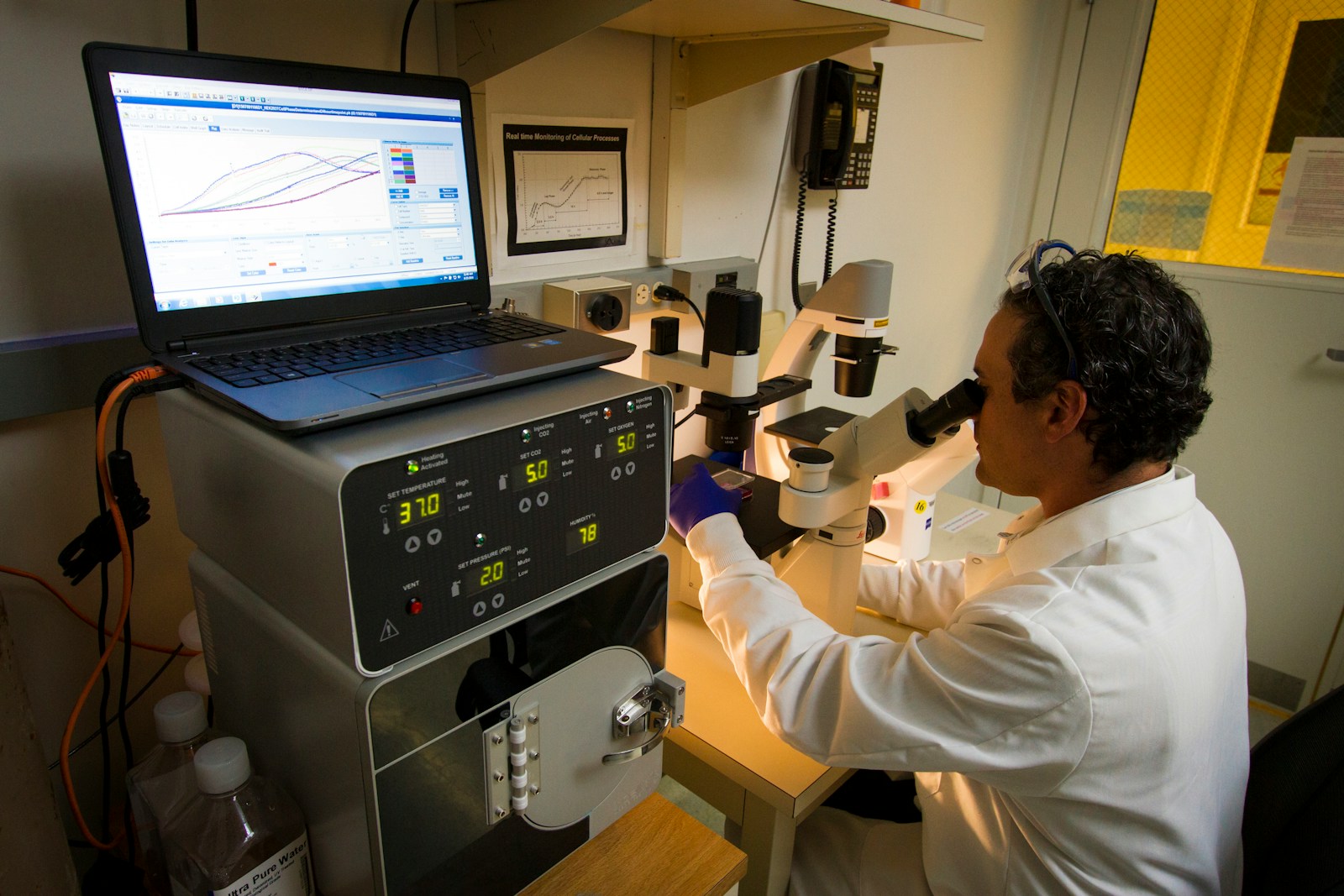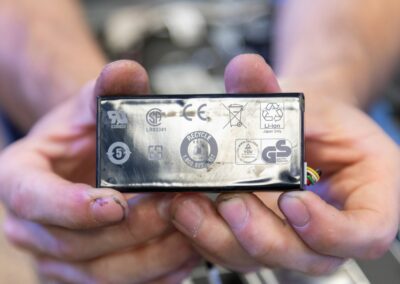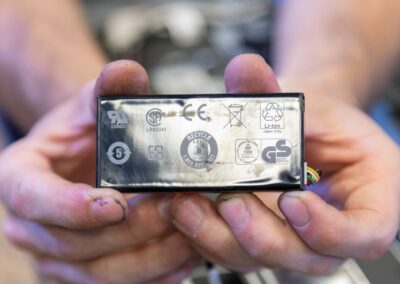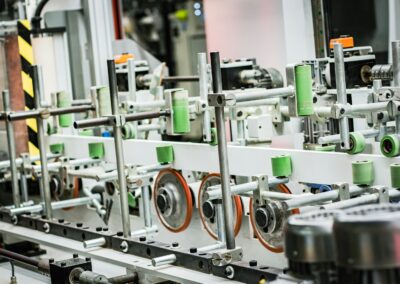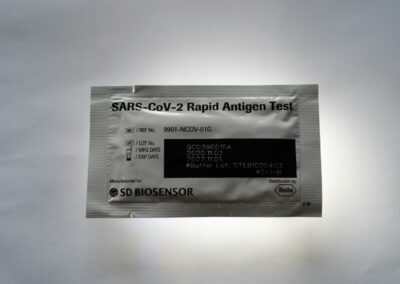Understanding the Potential Impacts of Nanomaterials
Health Impact
The health impacts of nanomaterials are another area of concern. Due to their small size, nanomaterials can easily penetrate biological membranes, potentially leading to toxicological effects. In the context of Saudi Arabia and the UAE, where the healthcare sector is rapidly advancing, ensuring the safety of nanotechnology applications is paramount. Inhalation, ingestion, or dermal exposure to nanomaterials can pose health risks, ranging from respiratory issues to cellular damage. Rigorous safety assessments and the development of exposure guidelines are necessary to protect workers in nanotechnology industries and consumers using nanotechnology-enabled products. Ensuring public health safety while leveraging the benefits of nanomaterials is a delicate balance that requires careful management.
Environmental Impact
Nanomaterials, while offering significant advancements in various industries, also pose potential environmental risks. Their unique properties, such as high reactivity and large surface area, can lead to unforeseen interactions with environmental systems. In Saudi Arabia and the UAE, where technological innovation and environmental sustainability are priorities, understanding these impacts is crucial. Nanomaterials can enter ecosystems through various pathways, including industrial discharge and consumer product disposal. Once in the environment, they may affect soil and water quality, potentially disrupting local flora and fauna. Research and monitoring are essential to assess these impacts and develop strategies to mitigate any adverse effects on the environment.
Socioeconomic Considerations
The socioeconomic impacts of nanomaterials also warrant attention. As Saudi Arabia and the UAE continue to integrate nanotechnology into their economic strategies, the potential for job creation and economic growth is significant. However, the societal implications of widespread nanomaterial use, such as public perception and regulatory challenges, must be addressed. Clear communication about the benefits and risks of nanomaterials can foster public trust and acceptance. Additionally, equitable access to the benefits of nanotechnology should be ensured to prevent socioeconomic disparities. Policymakers and industry leaders must work together to create frameworks that support innovation while addressing these broader societal impacts.
Regulatory Frameworks and Guidelines
Establishing robust regulatory frameworks and guidelines is essential for the safe use and disposal of nanomaterials. In Saudi Arabia and the UAE, where regulatory bodies are proactive in setting high standards, the development of comprehensive nanomaterial regulations is critical. These frameworks should encompass the entire lifecycle of nanomaterials, from production and use to disposal. Specific guidelines on permissible exposure levels, labeling requirements, and disposal methods can ensure that nanomaterials are handled safely. Collaboration with international regulatory agencies can also provide valuable insights and best practices for managing nanomaterial risks effectively.
Industry Best Practices and Safety Protocols
Adopting industry best practices and safety protocols is vital for mitigating the risks associated with nanomaterials. Companies operating in Riyadh and Dubai can implement stringent safety measures to protect workers and the environment. These measures include using protective equipment, conducting regular health screenings, and implementing safe handling procedures. Additionally, companies can invest in research to develop safer nanomaterials and environmentally friendly production methods. By prioritizing safety and sustainability, businesses can lead by example and contribute to the responsible advancement of nanotechnology in Saudi Arabia and the UAE.
Education and Training
Education and training are key components of ensuring the safe use and disposal of nanomaterials. Providing comprehensive training programs for workers in the nanotechnology sector can enhance their understanding of potential risks and safe handling practices. In Saudi Arabia and the UAE, educational institutions can play a pivotal role by integrating nanotechnology safety into their curricula. Public awareness campaigns can also educate consumers about the safe use and disposal of nanotechnology-enabled products. By fostering a culture of safety and awareness, these nations can mitigate potential risks and maximize the benefits of nanotechnology.
#Nanotechnology #EnvironmentalImpact #HealthImpact #SafeUse #Disposal #SaudiArabia #UAE #Sustainability #AdvancedMaterials #HealthandSafety #Innovation #BusinessGrowth






